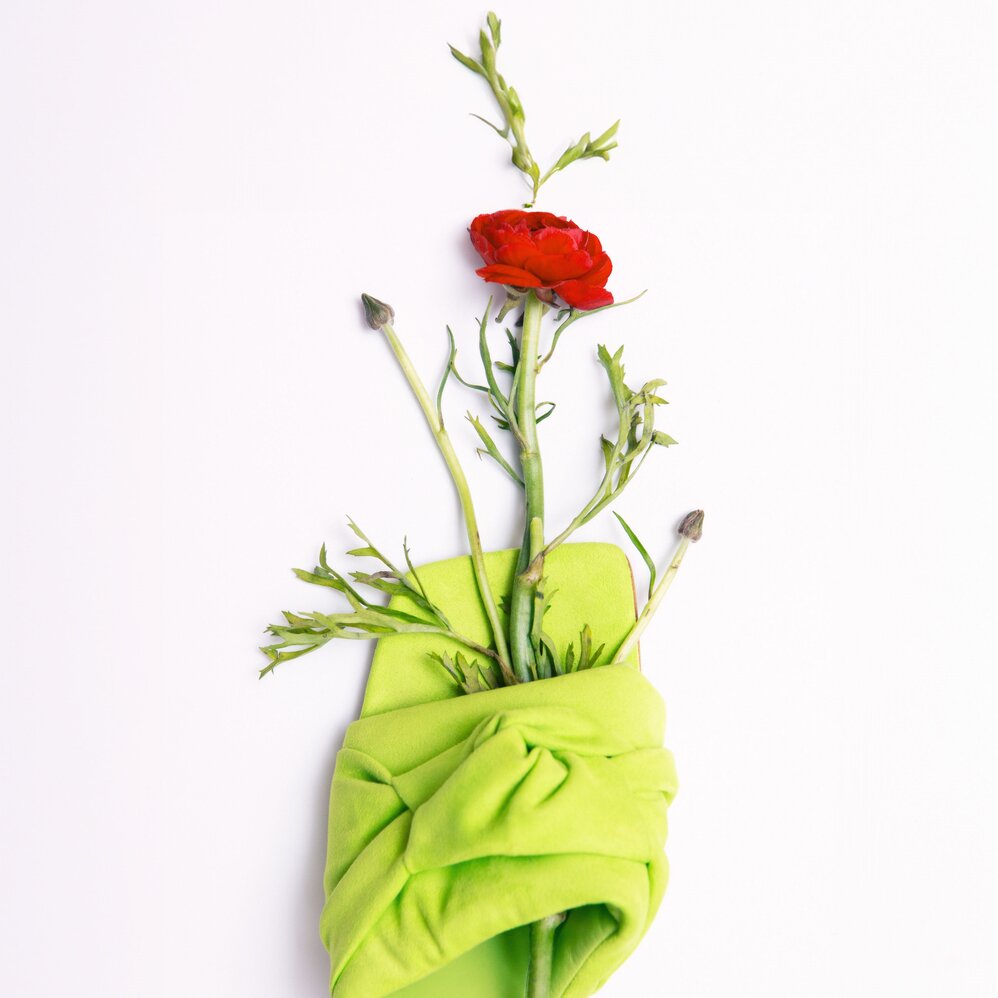
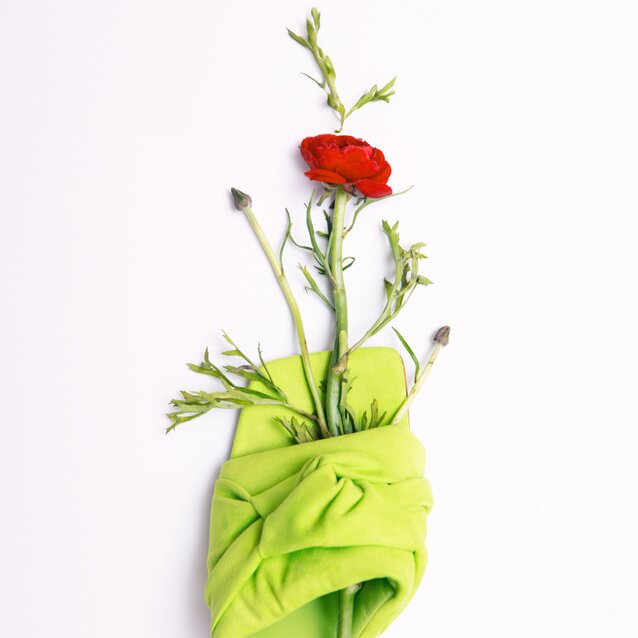
Responsibility at Essentiel Antwerp
A journey — not a destination.
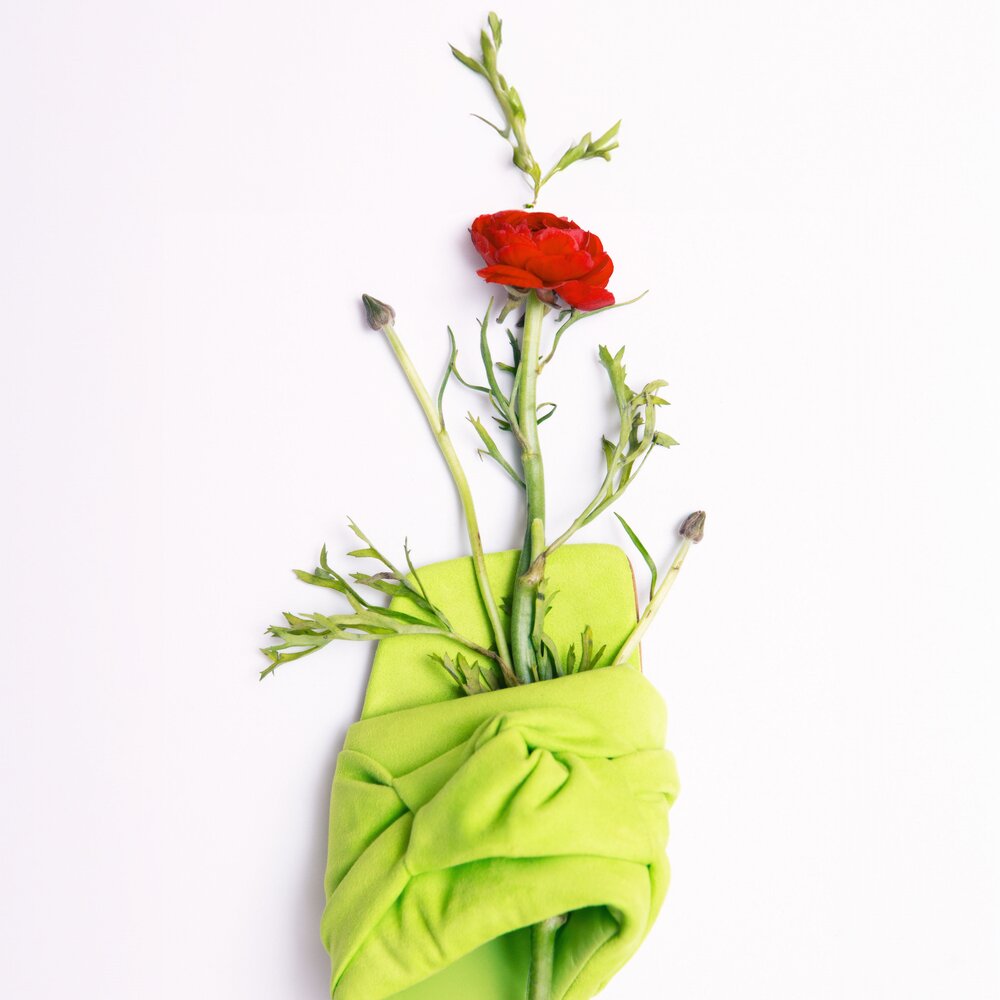
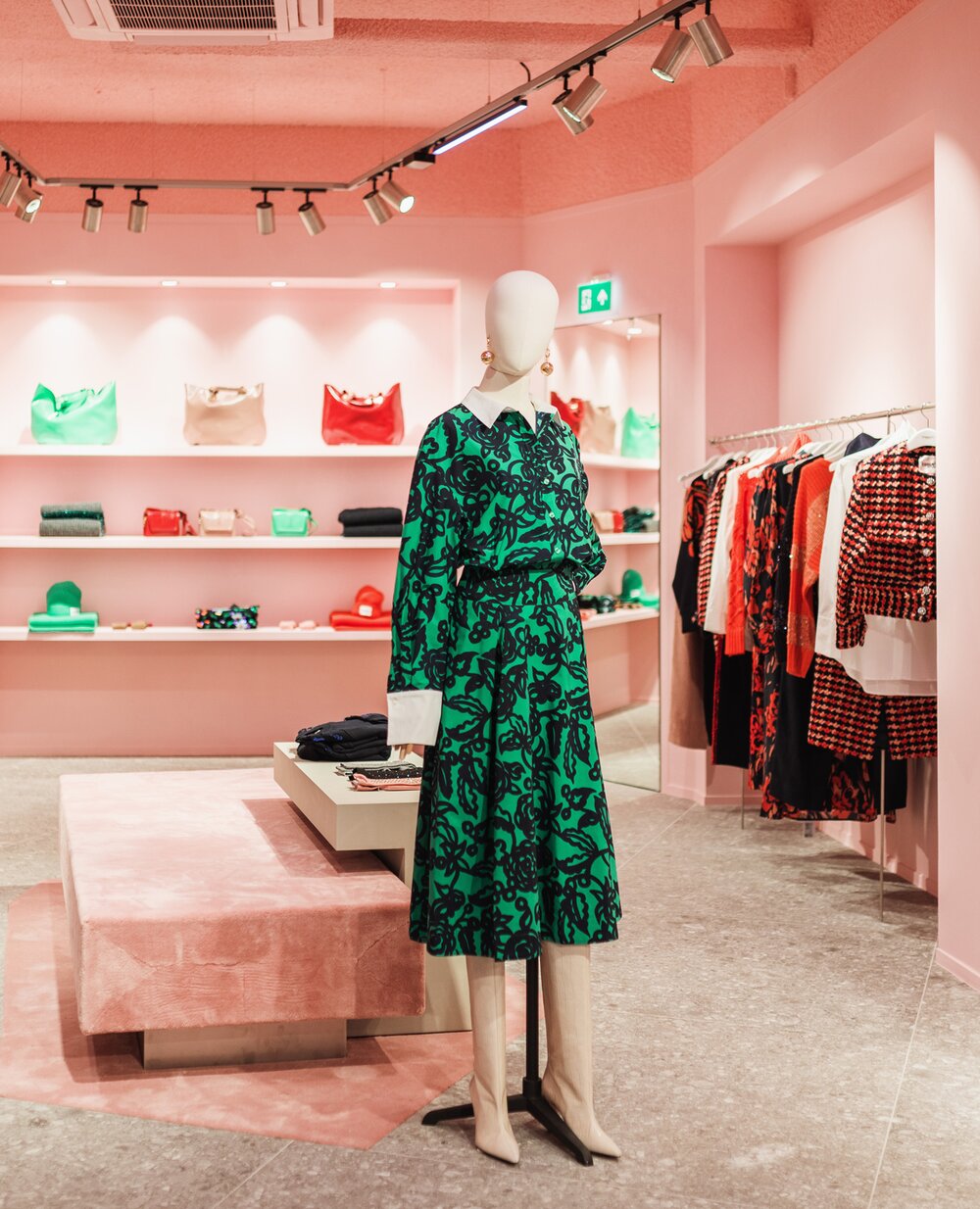
2023 was a challenging year where we continued mapping, tracing and intensifying our sustainability focus. We’ve been looking into optimizing our processes and refining our calculation methodology. It sheds light on the next necessary steps in our journey.
While these efforts may not all yield immediate results, we’re confident they set us on a path towards significant and tangible results in the future.
2023 was a challenging year where we continued mapping, tracing and intensifying our sustainability focus. We’ve been looking into optimizing our processes and refining our calculation methodology. It sheds light on the next necessary steps in our journey.
While these efforts may not all yield immediate results, we’re confident they set us on a path towards significant and tangible results in the future.
Our yearly update on the steps we’re taking and the choices we’re making.
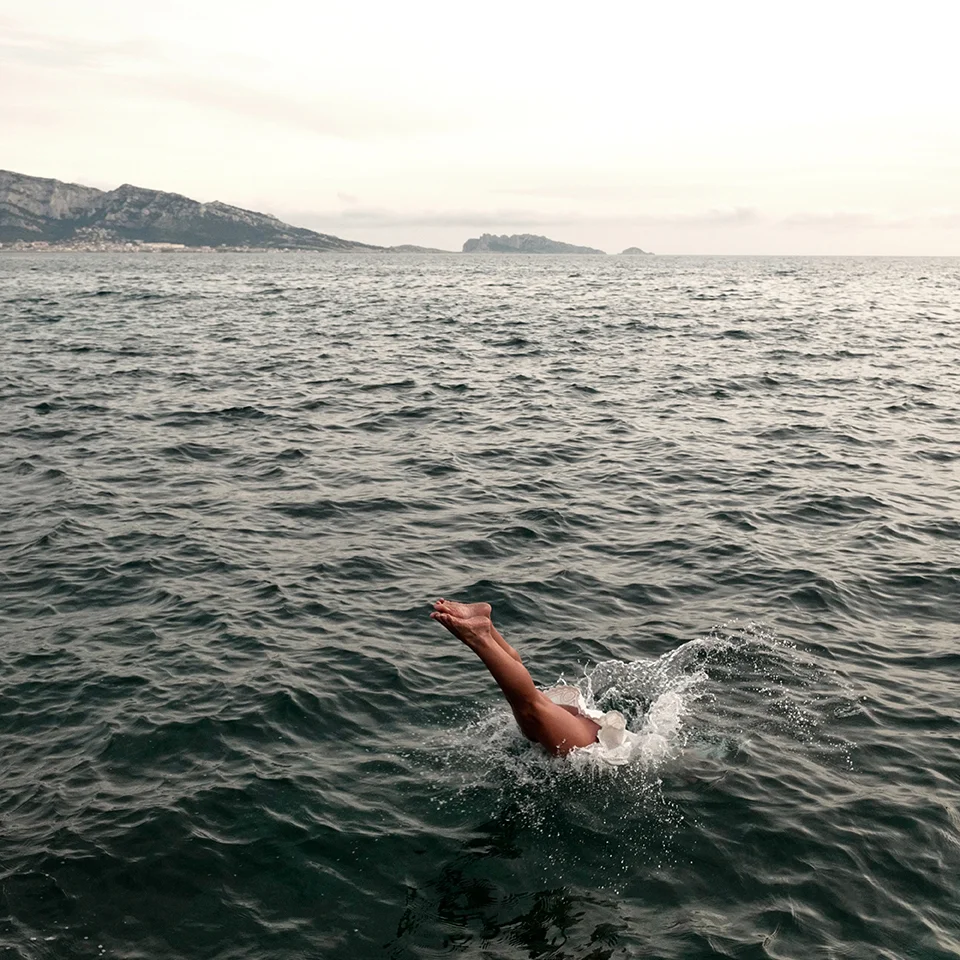
Show your true colors
We know that the fashion industry has a major environmental and social impact on the planet. That’s why we believe it’s so important to keep on questioning ourselves and our way of working. We want to be part of the solution. Responsibility is now a core value guiding us in our next steps and working processes. We want to be transparent in what we do, what we don't do (yet) and where we can improve, because we want to do better. We have one clear goal in mind: creating more responsible Essentiel Antwerp.
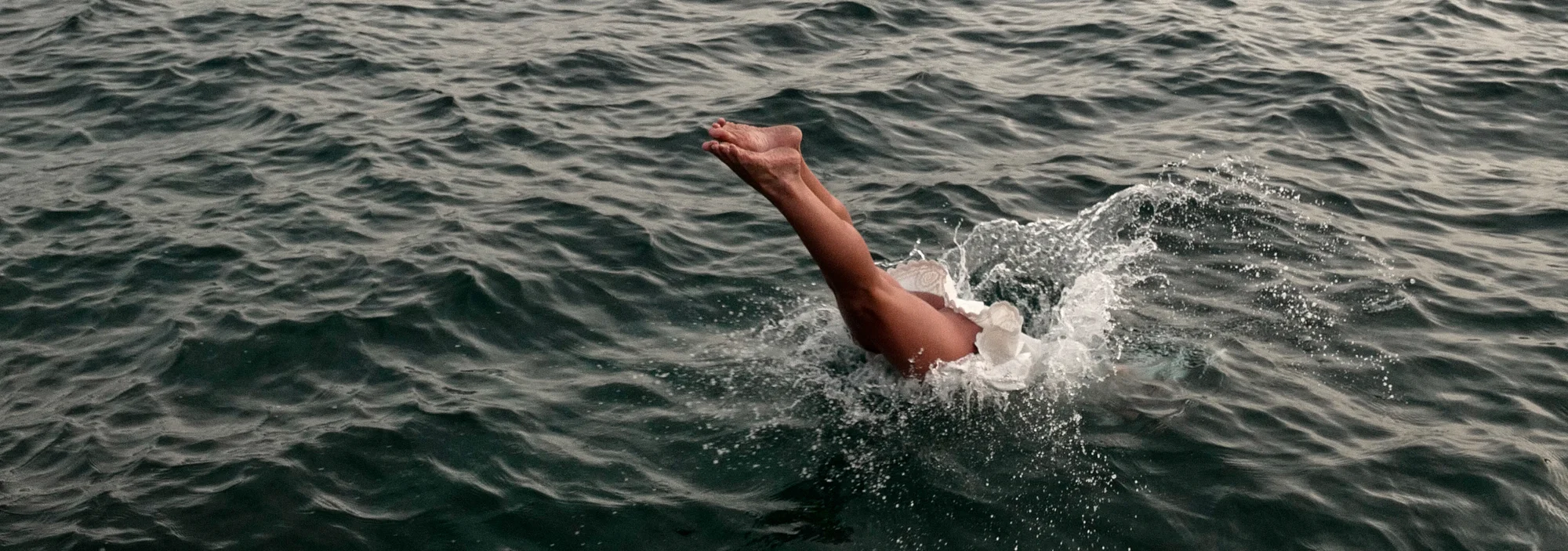

Our ambitions are built on the following strategic pillars:
Products with less impact
We operate in a sector where the materials we use have a major impact on the environment. We make every effort to choose materials with a lower negative impact, by focusing on improving the quality and choice of fabric of our products, as reflected in our Corporate Product Policy. We are aware of the challenges we must overcome and set clear actions to reach our goal as we continuously improve our sourcing of materials.
For the year 2023, 29% of the volume of our ready-to-wear collection was made from recycled material or from organic origin. The most significant shift we achieved in 2023 was progressively replacing polyester with recycled polyester. To extend the knowledge of our design and product development team, we provided in-depth training in 2023 on materials and sustainability for our designers, as the market for new and innovative materials continuously evolves.
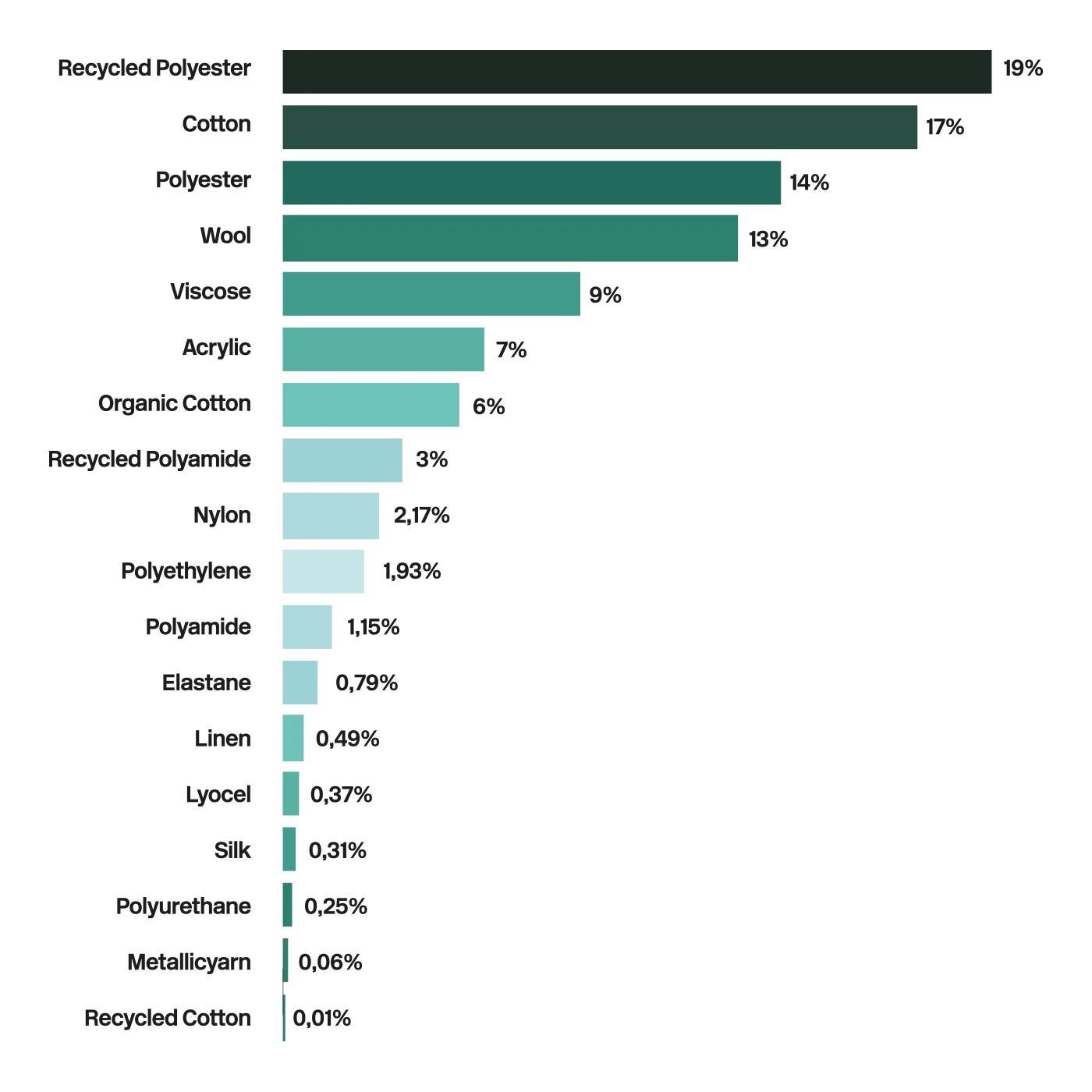
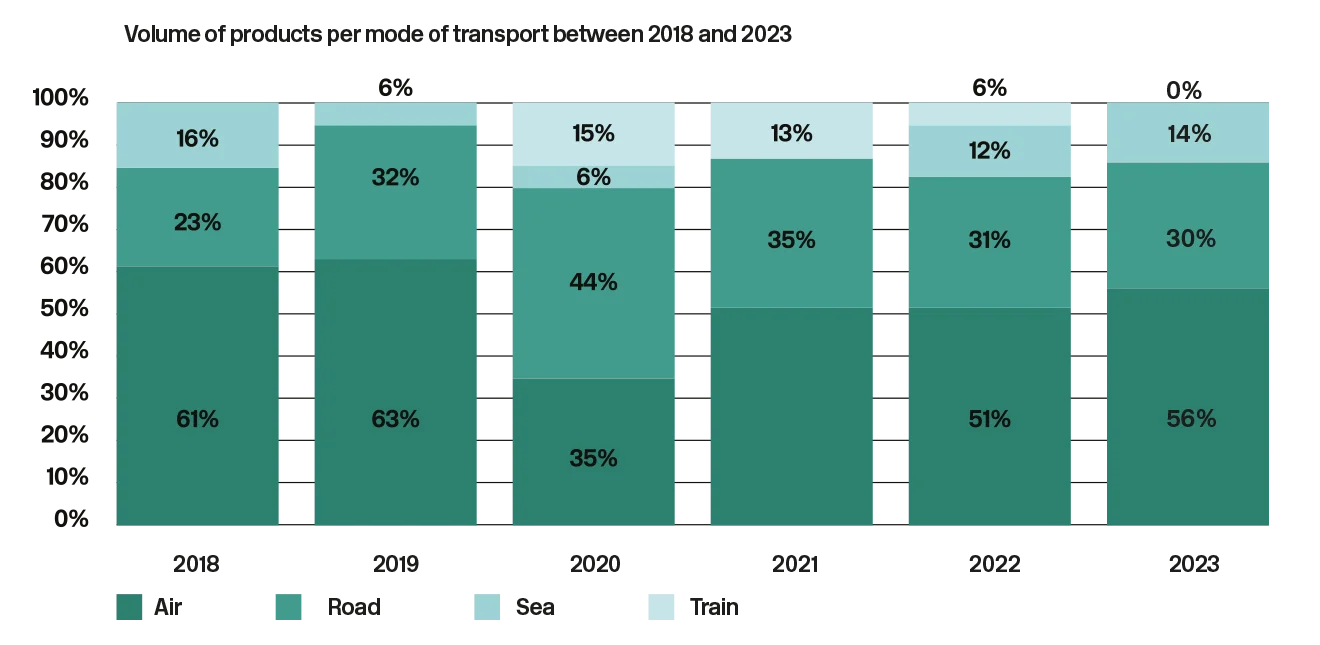
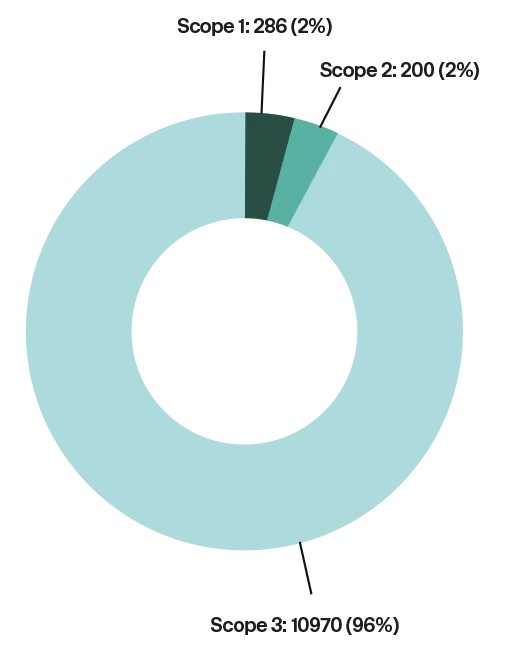
Lowering our ecological footprint
In 2022 we recorded our first carbon footprint. This exercise helped us to learn which were our main impacts and gave us insights into how data helps us in setting priorities and targets. For 2023 we deepened this exercise with more precise data, giving us a more complete view of our carbon footprint. Our next step is to lower our emissions, primarily by focusing on our products and transport.
Now that we have established a clear baseline of our footprint, we are ready to develop a comprehensive climate transition plan, focusing on our main priorities. This plan will center on key priorities aimed at reducing our environmental footprint.
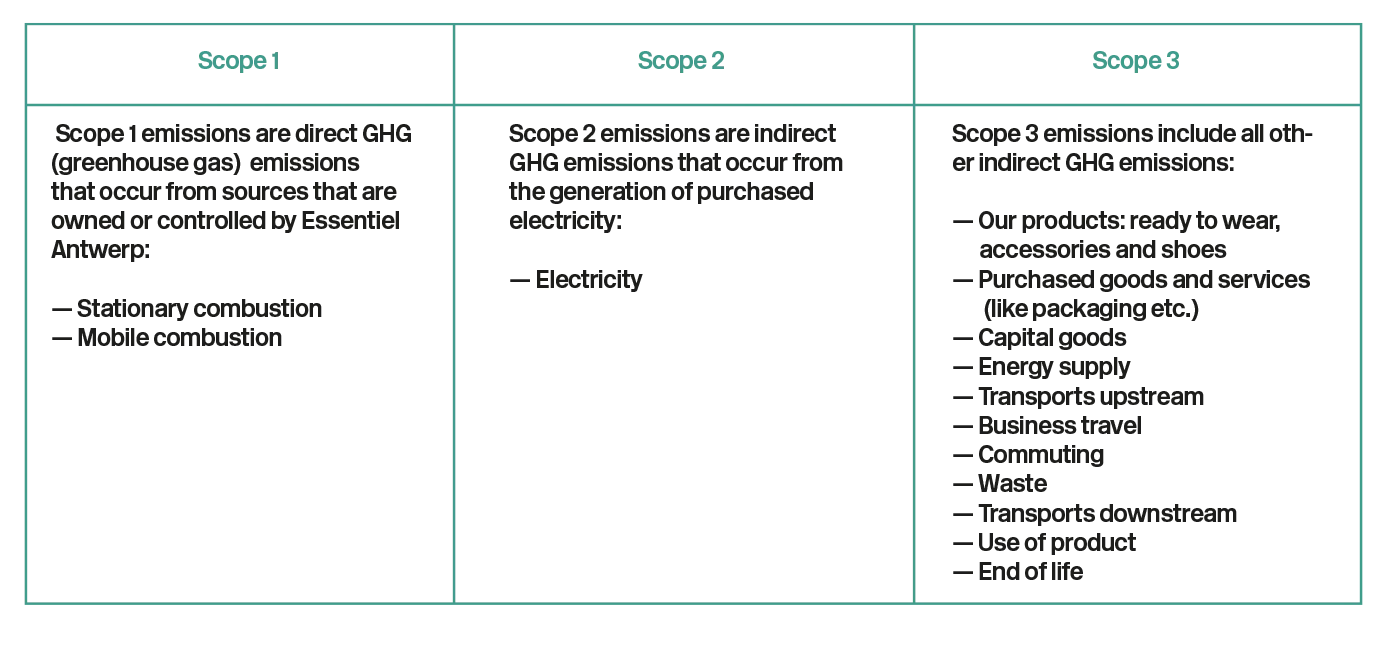

A more responsible supply chain
Our Code of Conduct is guiding us in all our operations worldwide, setting out the principles and standards to be followed by all suppliers, factories and subcontractors.
Next to this, we continue to ask social audit reports, in which their working conditions are evaluated by an independent third part, to guarantee the compliance in practice.
Inclusivity, diversity and equality
We raise our voice for the people and communities we care for, and we prioritize the well-being of our employees. We regard inclusivity as a very important pillar in our policy, and we believe we can use our brand and voice to promote our beliefs to our customers and our own organization.
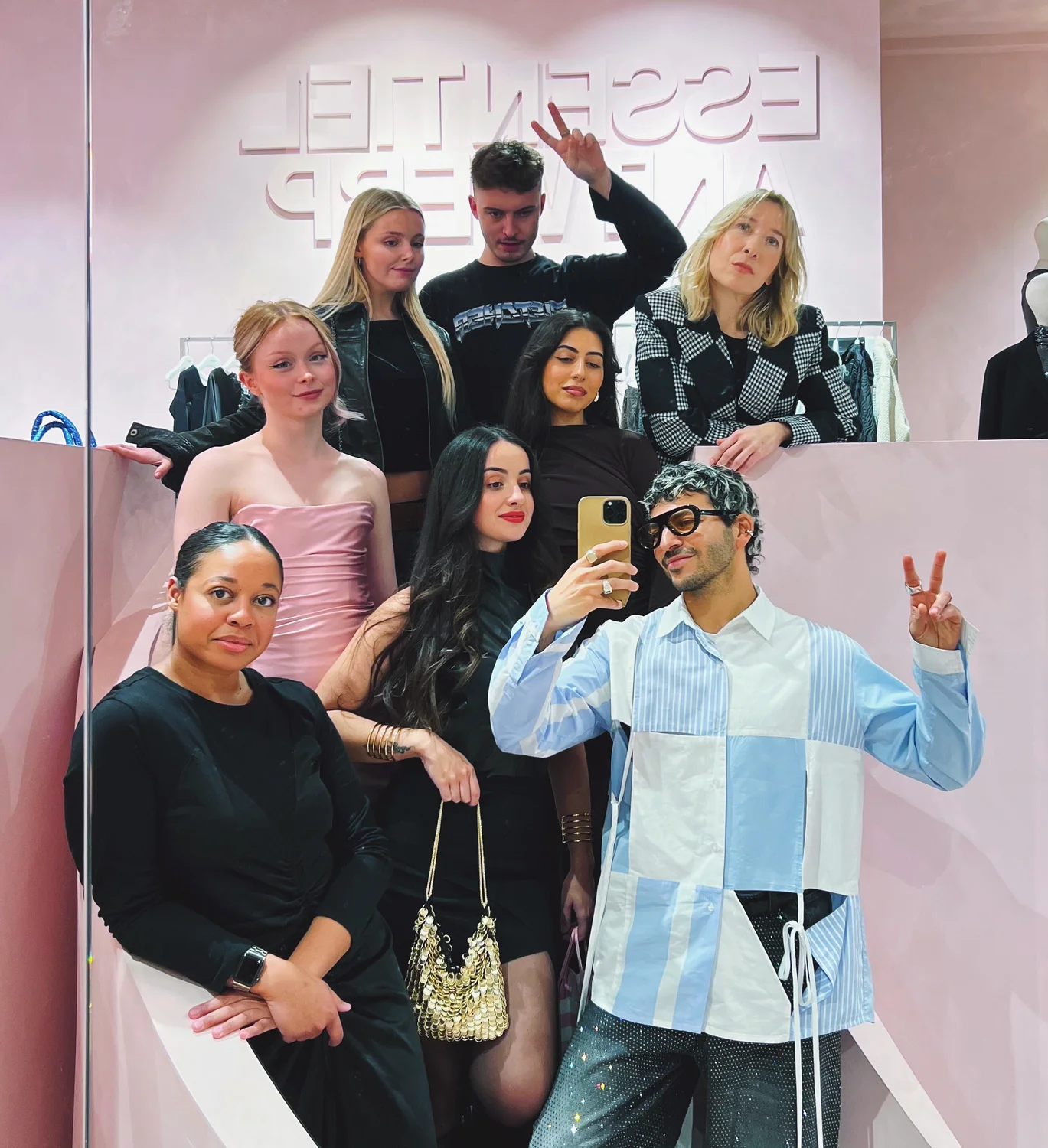
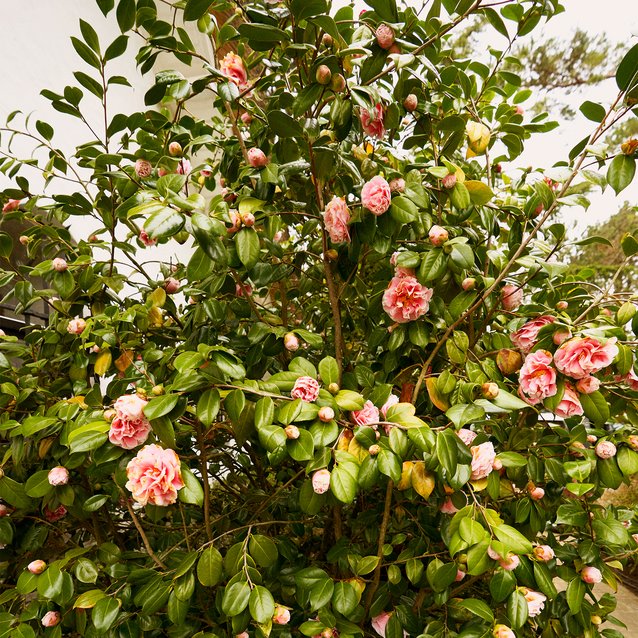
RE—SSENTIEL
We encourage our customers to rediscover, revive and recelebrate Essentiel Antwerp favorites. We launched our resale service in September 2022 and we're excited to give our community a permanent platform where they can extend the life of Essentiel Antwerp items. We invest in our pieces — from design to fabric choice — and always with the aim of a long-lasting future, way beyond the first sale.
This circular initiative started in Belgium only, but quickly expanded to other markets like the Netherlands, France and Germany. We're proud to have enrolled this initiative as a first fashion brand in Belgium and are even more proud to see the response it gets from our customers internationally. We feel encouraged to continue this path towards innovative business models. Thanks to this initiative and the community around it, 997 Essentiel Antwerp items were given a new life. Watch the full video, find out how to RE—SSENTIEL and get to know the whole process behind it.
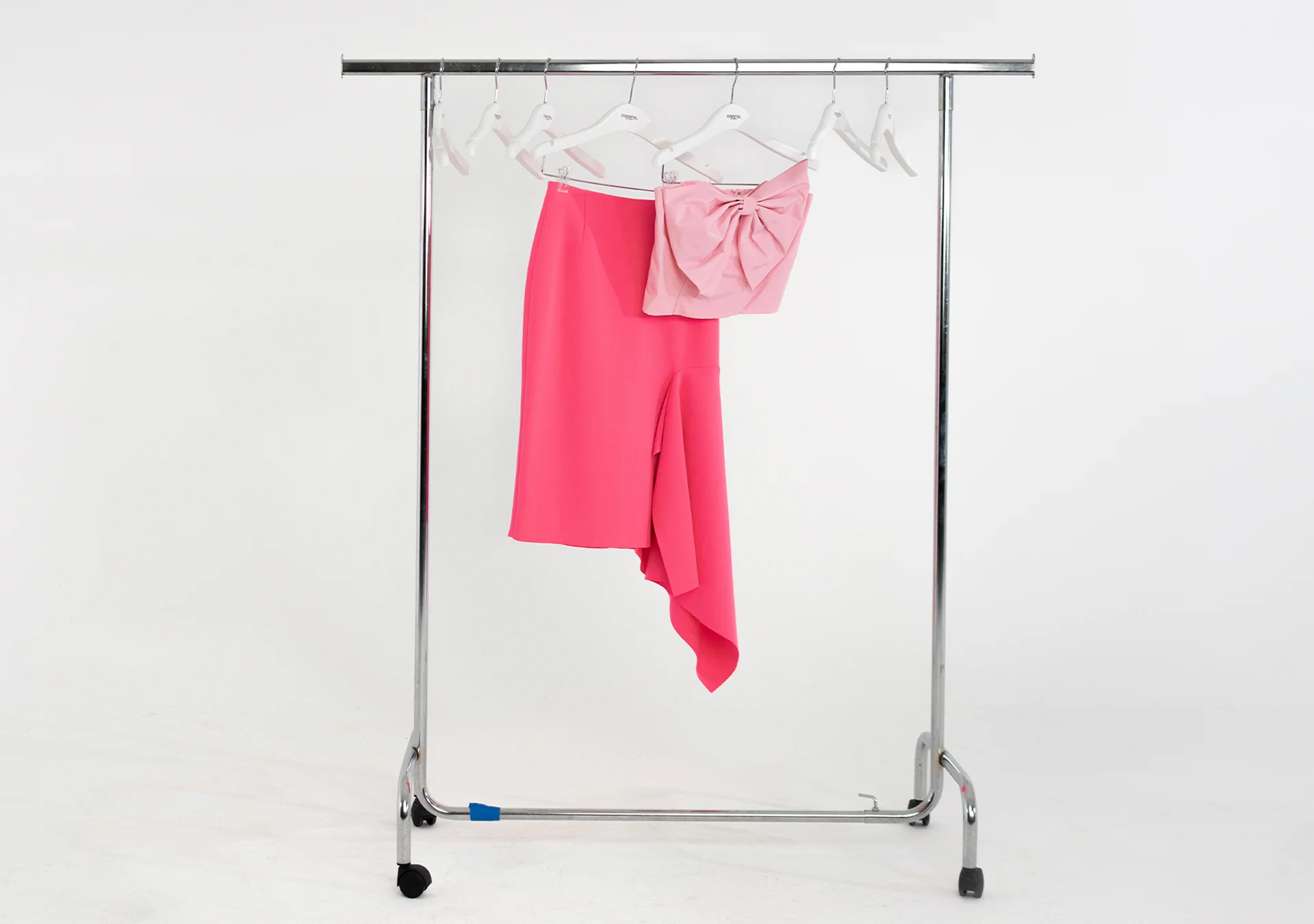
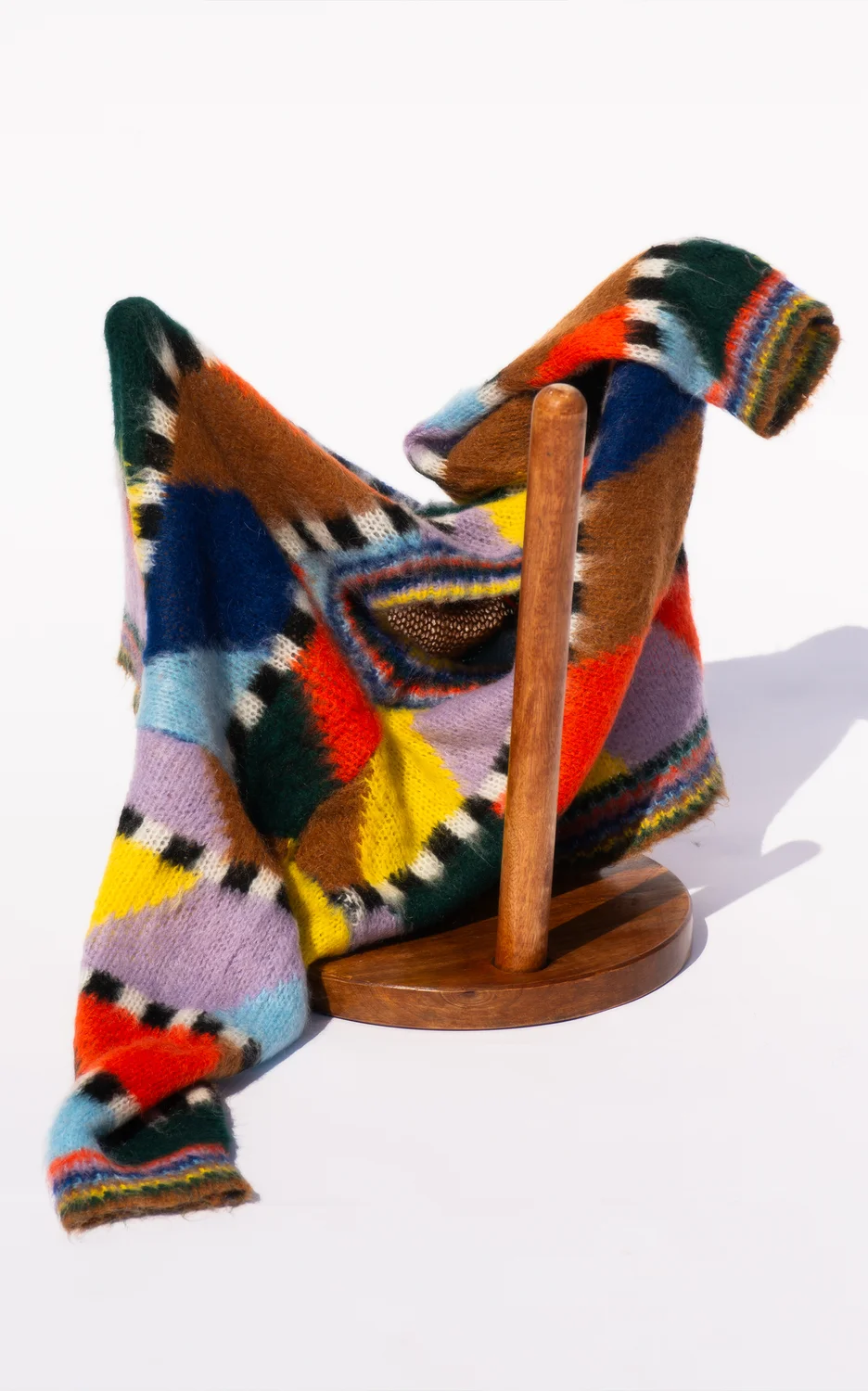

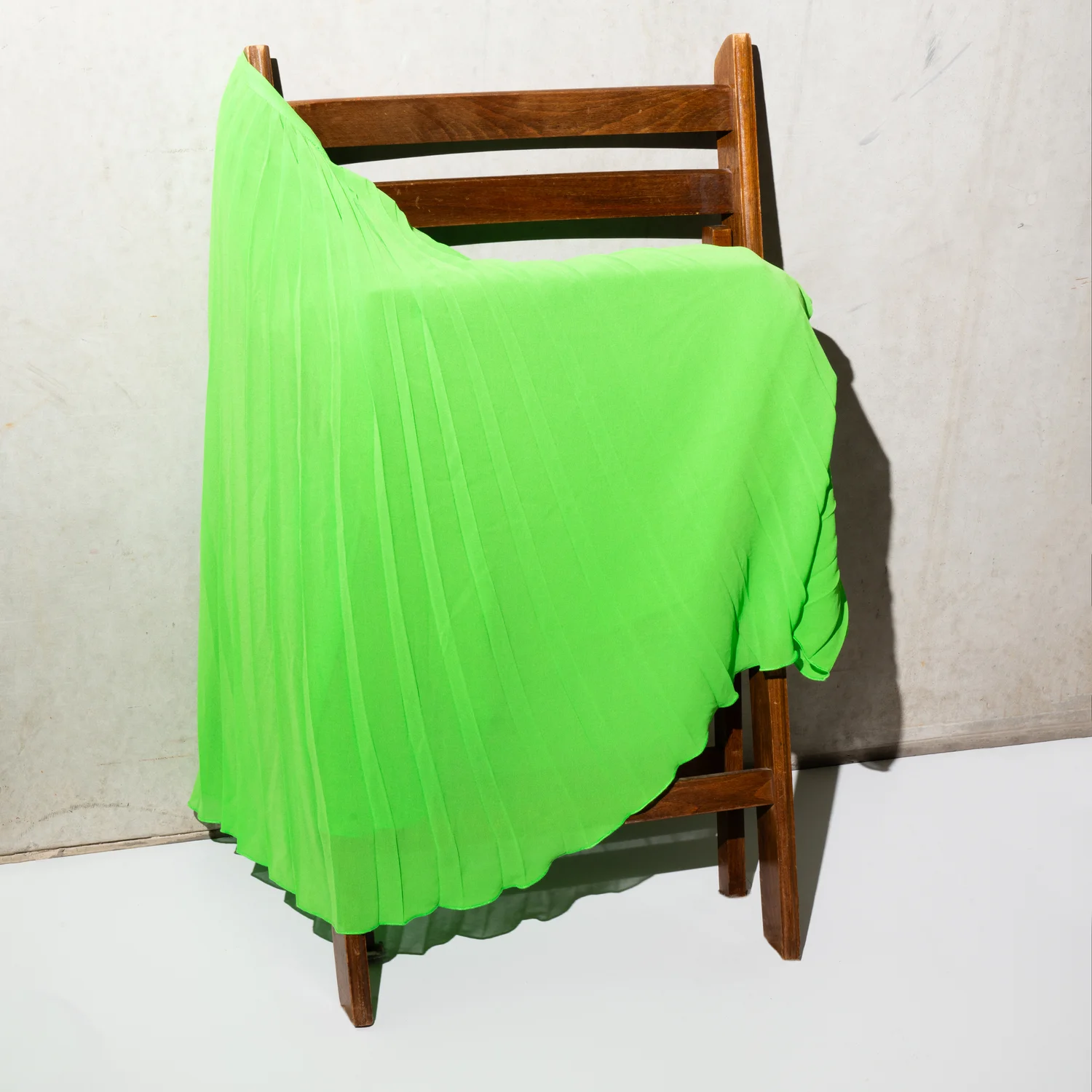
Circularity
With RE—SSENTIEL, we think in reverse. A digital platform where we encourage our customers to rediscover, revive and recelebrate Essentiel Antwerp favorites. We launched our resale service in September 2022 and started in Belgium only, but quickly expanded to other markets like the Netherlands, France and Germany. We're proud to have enrolled this initiative as a first fashion brand in Belgium and are even more proud to see the response it gets from our customers internationally. We feel encouraged to continue this path towards innovative business models.
Circularity
With RE—SSENTIEL, we think in reverse. A digital platform where we encourage our customers to rediscover, revive and recelebrate Essentiel Antwerp favorites. We launched our resale service in September 2022 and started in Belgium only, but quickly expanded to other markets like the Netherlands, France and Germany. We're proud to have enrolled this initiative as a first fashion brand in Belgium and are even more proud to see the response it gets from our customers internationally. We feel encouraged to continue this path towards innovative business models.

Guiding SDGs
Since 2019, we have been guided by the United Nations Sustainable Development Goals or SDGs. This international framework sets out 17 goals for sustainable development by 2030, divided into the themes of People, Planet, Prosperity, Peace and Partnerships. We have determined four strategic priorities for Essentiel Antwerp – areas where we want to make significant changes, both in the short and long term. These four priorities translate the Sustainable Development Goals into Essentiel Antwerp’s business context and provide a roadmap for the future.
SDG 12 (Responsible Consumption and Production) and SDG 9 (Industry, Innovation, and Infrastructure)
SDG 13 (Climate Action)
SDG 8 (Decent Work and Economic Growth) and SDG 5 (Gender Equality).
SDG 16 (Peace, Justice, and Strong Institutions) and SDG 12 (Responsible Consumption and Production)
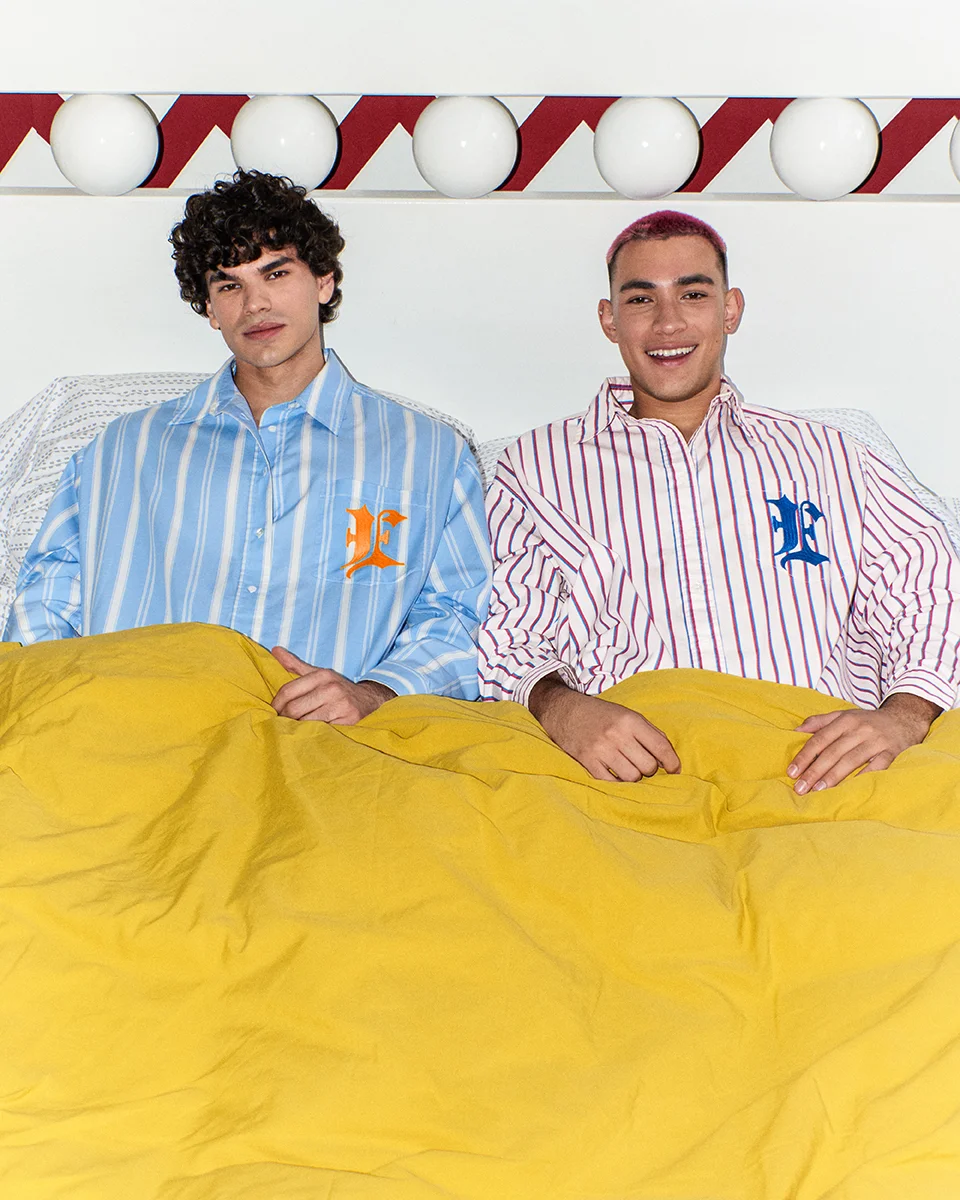
2023 Highlights
— We have adopted a more professional approach to implementing sustainability throughout our design chain. After analyzing the various steps and identifying areas for more effective integration of sustainability, we have enhanced our processes to achieve tangible progress.
— We further expanded our resell platform RE—SSENTIEL, anchoring a circular business model with sustainable values that we are committed to maintaining for the long term.
— We calculated and published our first carbon footprint in 2022. We learned from this and improved our data quality, bringing us to a second calculation in 2023. This has given us the necessary tools to define targets and actions.
— We further implemented our digital training app, improving our sales advisors’ access to training and to our employee community.
— We introduced our first gender-fluid collections: a bold statement for what we stand for that amplifies our voice for equality.
Next steps
2023 marked a pivotal year in our journey, with an intensified focus on refining processes and calculation methodologies. We are confident that these efforts lay the groundwork for tangible progress, as we continue to prioritize innovative design, transportation improvements, and the expansion of circular business models to enhance resource efficiency.
As we continue to strengthen our long-standing relationships with trusted manufacturers, we will ensure that our due diligence for new sourcing aligns with the latest regulations. Throughout this journey, we remain guided by our family-oriented values, always keeping our community at the heart of our efforts.